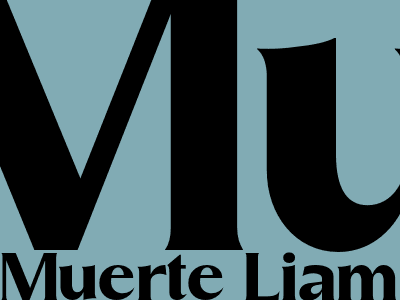How to Improve Your SEO for Google and Blogger
Introduction
Search engine optimization (SEO) is the process of improving the visibility and ranking of a website or web page in search engine results pages (SERPs). By optimizing your website for SEO, you can increase the amount of organic traffic to your site, which can lead to more leads, sales, and revenue. As a reminder, always be sure to write your content specifically for your audience, rather than writing simply for search engines.
The Importance of SEO
SEO is important for any website that wants to attract organic traffic from search engines. Organic traffic is traffic that comes from unpaid search results, as opposed to paid traffic, which comes from paid advertising campaigns. Organic traffic is often more valuable than paid traffic because it is more targeted and less expensive.
On-Page SEO
On-page SEO refers to the optimization of individual web pages for SEO. This involves optimizing the page's title, meta description, header tags, content, and images. On-page SEO also includes ensuring that the page is mobile-friendly and loads quickly.
Title Tags
The title tag is one of the most important on-page SEO factors. The title tag is the clickable headline that appears in search results. A title tag should be concise, descriptive, and relevant to the content of the page.
Meta Descriptions
The meta description is a brief description of the page that appears below the title tag in search results. The meta description should be concise, informative, and engaging. It should also include keywords relevant to the page's content.
Header Tags
Header tags are used to structure the content of a page. Header tags range from H1 to H6, with H1 being the most important and H6 being the least important. Header tags should be used to highlight important keywords and phrases in the page's content.
Content
The content of a page is one of the most important on-page SEO factors. The content should be high-quality, informative, and relevant to the page's topic. The content should also be well-written and easy to read.
Images
Images can help to break up the text on a page and make it more visually appealing. Images can also be optimized for SEO by using relevant keywords in the image's file name, alt text, and title attribute.
Off-Page SEO
Off-page SEO refers to the optimization of a website's external factors, such as backlinks and social media presence. A well-rounded SEO strategy will include both on-page and off-page SEO.
Backlinks
Backlinks are links from other websites to your website. Backlinks are one of the most important off-page SEO factors. The more high-quality backlinks your website has, the higher it will rank in search results.
Social Media
Social media is a great way to connect with potential customers and promote your website. Make sure to post regular updates to your social media accounts and include links to your website. Use social media to engage with your audience. Ask questions, respond to comments, and share valuable content with your followers.
Conclusion
SEO is an important part of any digital marketing strategy. By optimizing your website for SEO, you can increase the amount of organic traffic to your website and improve your search engine rankings.

Comments